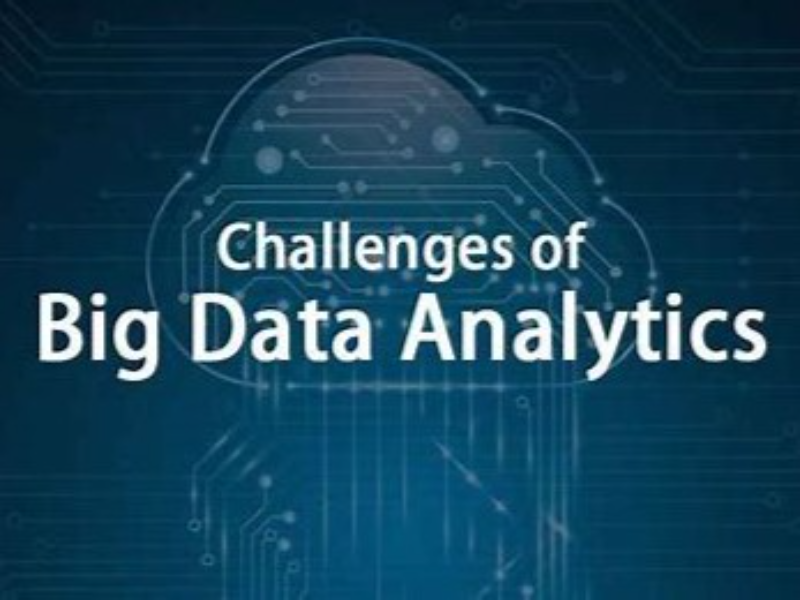- Big data analytics faces formidable challenges, including managing vast volumes and velocities of data, ensuring data quality and integrity, overcoming skill shortages, adhering to ethical and legal standards, and aligning technological capabilities with business objectives.
- These hurdles require robust infrastructure, rigorous data governance, talent investment, strict compliance measures, and a cohesive data-driven culture to effectively leverage big data’s potential.
As businesses increasingly rely on big data to gain competitive advantages, the challenges of managing and analysing vast data sets become more pronounced. Big data analytics, while promising immense opportunities, presents significant hurdles that must be overcome to fully leverage its potential.
The volume and velocity of data
One of the primary challenges in big data analytics is handling the sheer volume of data generated daily. With every click, transaction, and interaction, data pours in at an unprecedented rate. Storing and processing these colossal amounts of information require robust infrastructure capable of scaling to meet demand. Moreover, the velocity at which data must be analysed to remain relevant adds another layer of complexity. Real-time analytics are crucial in sectors like finance and healthcare, but achieving this requires sophisticated systems that can ingest, process, and analyse data in milliseconds.
Also read: Cases of big data in daily life
Data quality and integrity
Ensuring data quality and integrity is another critical challenge. Inaccurate or incomplete data can lead to flawed analyses and misguided decisions. Verifying the accuracy and completeness of data across multiple sources is a daunting task, especially when dealing with unstructured data. Data cleansing and validation processes are essential, but they are resource-intensive and can delay analytics efforts. Furthermore, maintaining data integrity over time as it moves through various systems is a continuous battle against data degradation and inconsistencies.
Also read: Differences and applications of data science and big data
Skill shortage and expertise
The scarcity of skilled data analysts and data scientists poses a significant barrier to effective big data analytics. These roles require a unique blend of technical prowess, analytical thinking, and domain knowledge. The demand for professionals who can manage big data infrastructures, develop complex algorithms, and interpret results far outstrips the supply. Organisations often find themselves competing for talent, driving up costs and delaying project timelines. Investing in training existing staff or partnering with educational institutions to cultivate new talent becomes a necessity.
Ethical and legal considerations
As data analytics becomes more sophisticated, so do the ethical and legal concerns surrounding data privacy and security. Regulations such as the General Data Protection Regulation (GDPR) in Europe and the California Consumer Privacy Act (CCPA) in America impose strict guidelines on data collection, usage, and storage. Compliance with these regulations is not only legally required but also essential for maintaining public trust. Ensuring data anonymisation, implementing robust cybersecurity measures, and being transparent about data usage policies are all part of the ethical and legal framework that businesses must adhere to when working with big data.
The gap between technology and business
Often, there exists a disconnect between the technical capabilities of big data analytics and the business objectives they aim to serve. Aligning data analytics initiatives with strategic goals necessitates clear communication, stakeholder engagement, and a deep understanding of how insights can drive value. Cultivating a data-driven culture and promoting cross-functional collaboration are key to bridging this divide.

